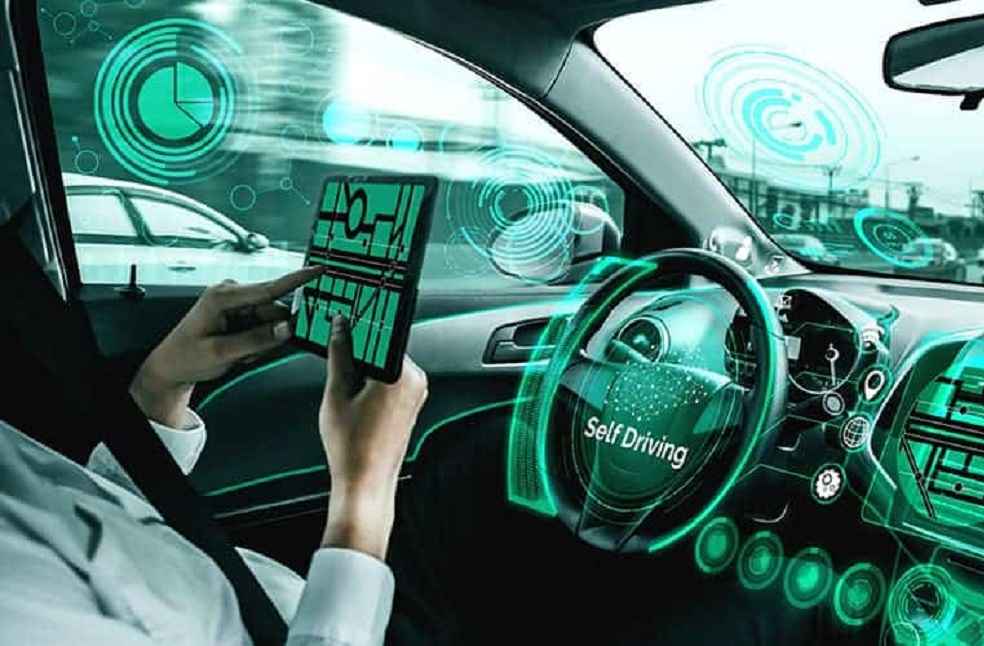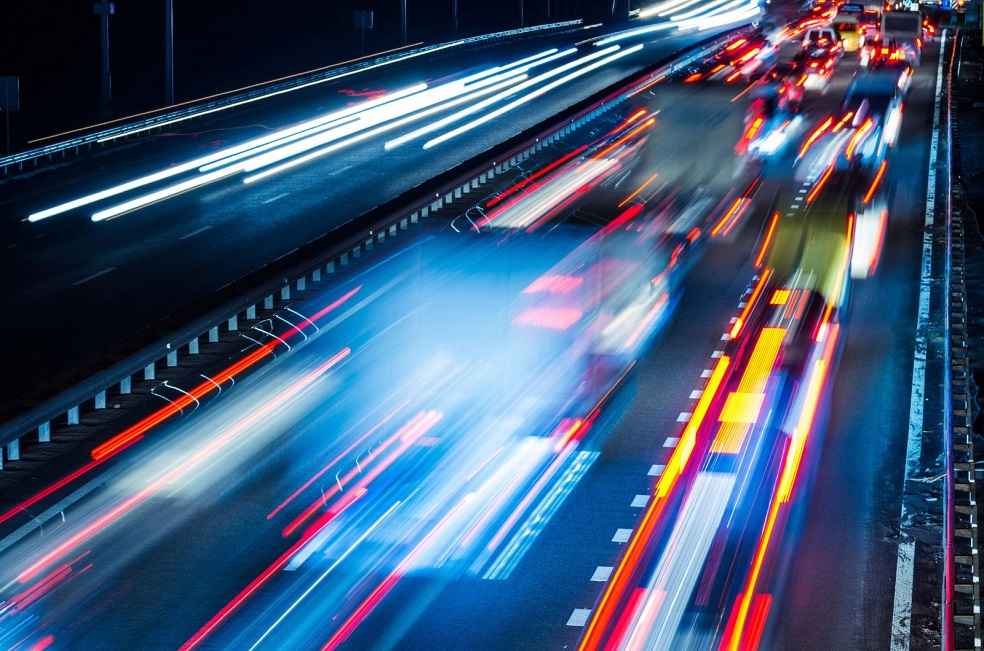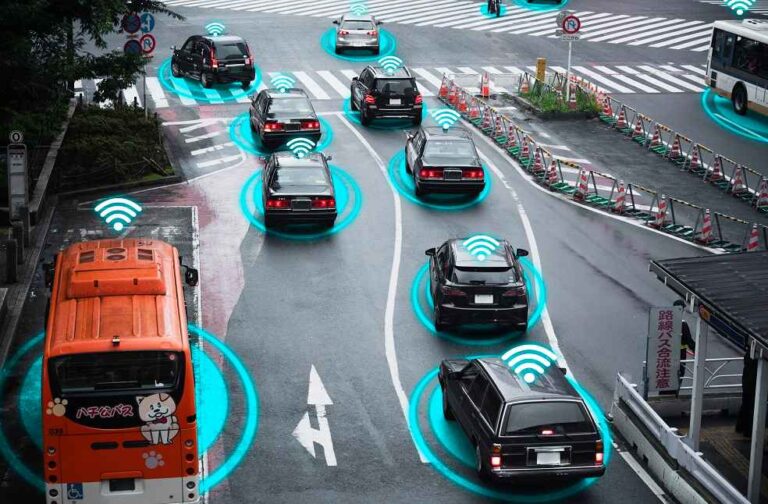Road safety specialists say India needs clear rules and SOPs for autonomous vehicles, as the present legal framework does not cover key issues such as safety, liability, and data governance for self-driving systems.
At an event hosted by the India chapter of the International Road Federation (IRF), P Rajalakshmi, professor at the Technology Innovation Hub on Autonomous Navigation (TiHAN) at IIT Hyderabad, said autonomous mobility cannot advance safely without updated rules that reflect India’s traffic reality.
She noted that the national roadmap envisions widespread adoption of advanced driver-assistance systems such as lane-keeping and adaptive cruise control by 2030, followed by the introduction of Level 3 and Level 4 autonomous vehicles in select urban corridors and controlled environments by 2040.

“As India embarks on a mission to lead in autonomous mobility by 2047, key goals include boosting market growth and developing AVs suited for India’s complex traffic conditions,” Rajalakshmi said.
She added that the Motor Vehicles Act, 1988, and the Indian Penal Code, 1960, do not directly address safety, liability, ethics, or data privacy issues specific to self-driving systems, and that the country currently lacks specific laws or SOPs for deployment and operation.
IRF President Emeritus K K Kapila said most vehicles worldwide remain at Level 1 or Level 2 autonomy, relying on driver assistance rather than full self-driving.

Level 4 autonomous fleets operate only in limited cities, although the global market for autonomous mobility is expanding rapidly. In India, he said, the use of advanced driver-assistance systems is rising, but regulations and liability frameworks are still evolving.
Other speakers included A Mohan Rao, Chief Scientist at CRRI, and Akhilesh Srivastava, President of IRF’s India chapter, who also underscored the need for robust policy groundwork as India moves toward connected and automated transportation systems.
EV WORLD | Porsche’s New Wireless Charging System to Streamline Home Charging





